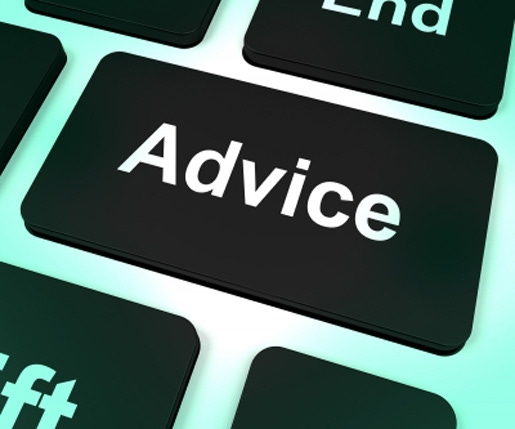Been there, done that. These medical device entrepreneurs reflect on the lessons they've learned building medical device companies.
March 14, 2017

Been there, done that. These medical device entrepreneurs reflect on the lessons they've learned building medical device companies.

Starting a medical device company can be a daunting undertaking. Between the lengthy regulatory timelines, clinical testing, and large amounts of capital needed to bring a medical device to market, many innovators shy away to other fields.
But a group of entrepreneurs gathered at the South by Southwest Conference and Festivals this week to discuss "No More Apps: Why Reinventing Devices is Key" have taken on the challenge of a medical device startup and are able to share lessons learned firsthand. Panelists included Janica Alvarez, cofounder and CEO of Naya Health, a company that redesigned the breast pump; Stuart Blitz, chief business officer for Seventh Sense Biosystems, novel blood collection device, and previously a founding employee at diabetes care company AgaMatrix; and Jeffrey Dachis, founder and CEO of One Drop, a connected diabetes management platform. Lu Zhang, founding and managing partner of venture capital firm NewGen Capital, moderated the session.
One piece of advice each of the entrepreneurs underscored? Have a plan early on for how your product will be paid for--whether it's self pay or payer reimbursement or working with employers--and do everything you can to ensure that plan is possible and that the business model is feasible. As Blitz explained, "A lot of entrepreneurs come into the healthcare space thinking they'll worry about that later or thinking they'll just get on and get payers to pay for it. It's not that simple."
While most medical device innovators are likely preoccupied with inventing the best medical device offering in the field, these entrepreneurs have found that there's more to success than top technology. "Having only good technology is not enough for running a good medical device company," Zhang said. Here are five practical tips from the medtech entrepreneurs:
Pay attention to the patient experience: Dachis emphasized that in order to be successful, medical device entrepreneurs need to go beyond making one good device and consider what the patient needs as a whole. "Hardware without solving the puzzle is really just another thing that's not going to last very long," he said. He urged attendees to put a lot of effort into learning about the user experience before conceptualizing the new device or product. "If you're not making that whole experience better, then you're just making another piece of hardware," he reiterated. "Relentlessly focus on that user experience before you do anything--before you build anything, before you design anything, before you spend any money, before you raise any money, before you put a plan together, nothing."
Adopt a positive attitude toward regulation: Dachis pointed out that it's best to take a proactive, constructive view of regulation and regulators, because it can open doors to market. "Don't look at the regulatory environment in healthcare as a burden or a hurdle. Look at it as a friend . . . [once] a regulatory body has said that your product is safe, effective, and meaningful for users to use, all of a sudden, you're able to play in that industry, whereas before you weren't," he said. Blitz echoed that advice, pointing that he "get[s] a lot more people calling me back now that we have FDA clearance than I did before."
Build in time and funding for patent protection: Alvarez, whose company has 25 patent applications for its hardware, has found that patent protection is essential, especially for medical hardware. "Having proper patent protection is extraordinarily important, in this space in particular . . . That also takes a lot of time, energy, and capital," she noted.
Get feedback from FDA: While many medtech entrepreneurs and executives may not relish the idea of a meeting with FDA officials, Blitz urged would-be founders to see it as an opportunity for clarity. Emphasizing that he's found the agency shares the same goal of ushering in new medical innovation, Blitz said, "Sometimes the best way to get really clear feedback from the FDA . . . is actually just to submit your application to the FDA." He added, "You go there, you meet with them in person, and they say, 'We like this, this, and this. We don't like this.'"
Plan, plan, and plan some more: Alvarez explained that the Naya Health breast pump went through various changes during user testing and urged device innovators to plan for various scenarios. She also noted that the demand for their product outstripped their expectations. Though this is better than the opposite, "I wish that we would have been more prepared," she admitted. "You can't plan enough and you can't surround yourself with enough people that know more than you do in the space."
[Image courtesy of STUART MILES/FREEDIGITALPHOTOS.NET]
About the Author(s)
You May Also Like


